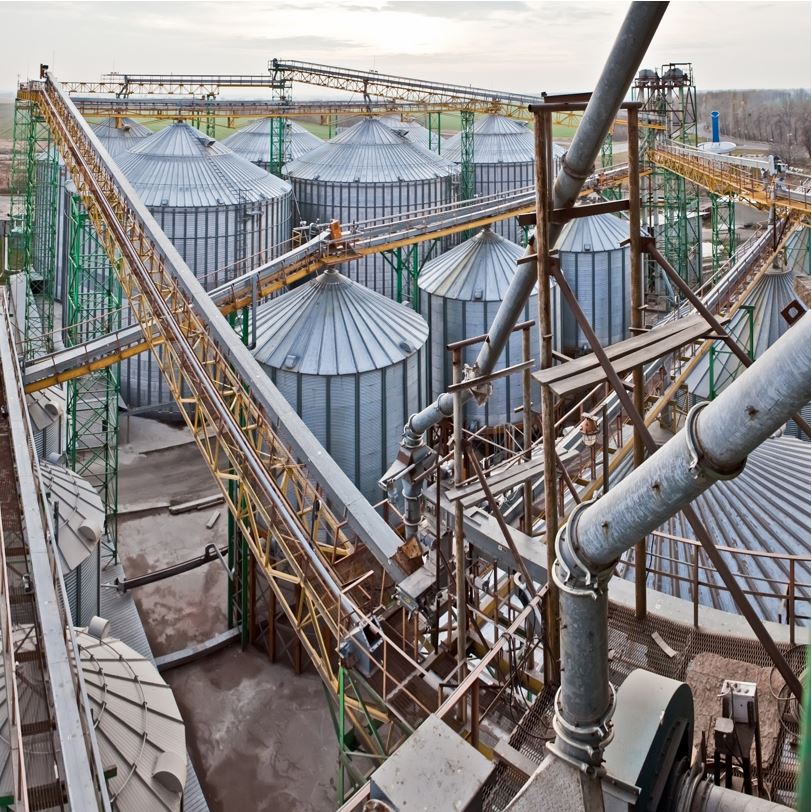This website uses cookies so that we can provide you with the best user experience possible. Cookie information is stored in your browser and performs functions such as recognising you when you return to our website and helping our team to understand which sections of the website you find most interesting and useful.
New Section 199A – Impact on Cooperative and Non-Cooperative Elevators/Companies

Last minute amendments to the 2017 Tax Cuts and Jobs Act have created a significant controversy in the agricultural industry. A provision sponsored by Senators Thune, R- SD, and Hoeven, R- ND, was crafted to provide relief to cooperatives and replace benefits lost because of the corresponding repeal of the domestic production activity deduction. New section 199A creates a special 20 percent deduction for qualified passthrough income.
A special provision that specifically benefits patrons of agricultural cooperatives is considered unfair by many in the industry. The tax deduction available to patrons of cooperatives might be substantially greater than the old domestic production activities deduction and the deduction available to customers of non-cooperatives. Senator Grassley, R-IA, stated, “Our goal was to maintain the status quo for co-op’s in the re-writing of the tax reform bill,” and “wasn’t an effort to create an environment where they would have unfair competition against private elevators and private elevators being put out of business.”
The clear advantage to cooperative patrons is not always so clear, as we engage in planning with farmers. The immense complexity of this law creates tough decisions for farmers. Issues such as price, transportation costs and the taxable income of the farmer enter into deciding whether an unfair advantage exists to market product to a cooperative. Then the issue becomes: What percentage of product should be marketed to a cooperative? The benefit for some farmers could result in not having to paying Federal income tax, however there are no hard and fast rules.
There is movement in Congress to create a fix. Complexities such as cloture rules in the Senate requiring 60 votes, combined with today’s partisan atmosphere create a legislative challenge. There could be a technical corrections bill, however getting the votes might be difficult. Remember, the Act was passed under budget reconciliation, thus only 51 votes were required in the Senate and no Democrats voted for the bill. A bill including corrections is likely to require 60 votes. Senator Thune has indicated a desire to tack on a provision in the spending bill on Feb 8, 2018, a bill that may receive bi-partisan support.
We await further administrative guidance, including regulations, from the IRS related to the newly created section 199A. Further we anticipate legislation will be introduced soon to address the unintended consequence of the new tax law. Bottom line, with or without a legislative change, planning has never been more important for farmers.
This publication contains general information only and Sikich is not, by means of this publication, rendering accounting, business, financial, investment, legal, tax, or any other professional advice or services. This publication is not a substitute for such professional advice or services, nor should you use it as a basis for any decision, action or omission that may affect you or your business. Before making any decision, taking any action or omitting an action that may affect you or your business, you should consult a qualified professional advisor. In addition, this publication may contain certain content generated by an artificial intelligence (AI) language model. You acknowledge that Sikich shall not be responsible for any loss sustained by you or any person who relies on this publication.




